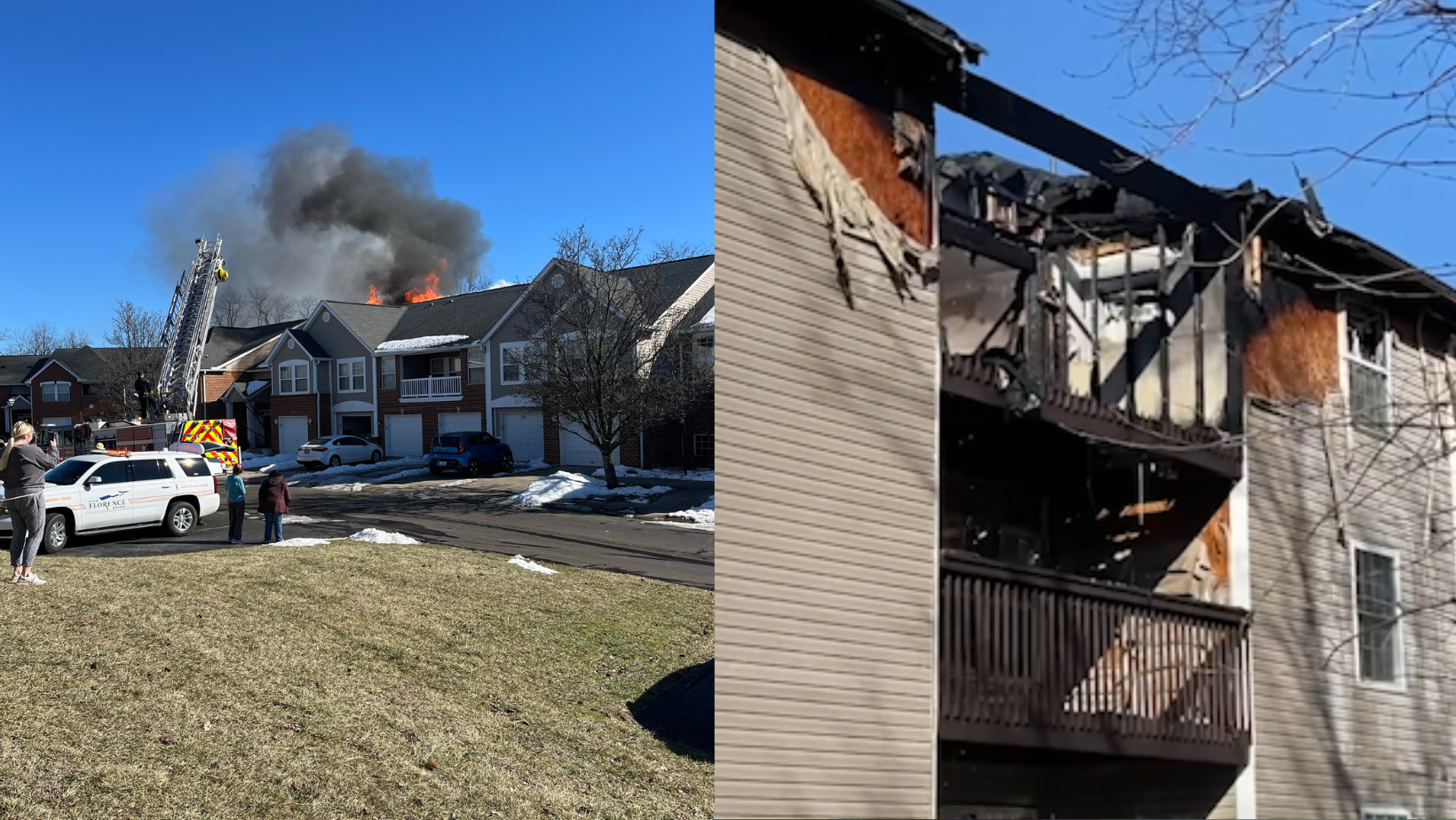LAUREL, Mont. – The Montana Supreme Court has ruled that the Department of Environmental Quality (DEQ) must conduct a more thorough environmental review of NorthWestern Corporation’s natural-gas-fueled power plant near Laurel. This decision follows a previous ruling by the Yellowstone County District Court.

The Supreme Court agreed with the District Court that DEQ failed to consider greenhouse gas emissions and the lighting impacts of the facility in its review. However, the Supreme Court reversed the District Court’s decision to vacate the air quality permit, allowing the permit to remain valid while further evaluations are conducted.
NorthWestern Energy provided the following statement in response to the Supreme Court decision:
“Today’s Montana Supreme Court’s decision reinstating the Yellowstone County Generating Station permit will help ensure reliable energy service and keep bills as low as possible for our customers. This is good news for Montanans already relying on the critical, cost-saving capacity of the 175-megawatt Yellowstone County Generating Station, including for power during this first winter storm of 2025.”
“NorthWestern Energy will work with the Montana Department of Environmental Quality to provide any additional information necessary.”
The plaintiffs, MEIC and the Sierra Club, filed a lawsuit against NorthWestern and DEQ in 2021 following the issuance of a permit for the Laurel Generating Station. The District Court had previously found the environmental review satisfactory concerning noise impacts, but identified deficiencies in the analysis of lighting and greenhouse gas emissions.
The Supreme Court emphasized the importance of Montana’s Environmental Policy Act (MEPA) in ensuring that state agencies fully consider all aspects of a proposal and inform the public about potential impacts. The Court stated that even without specific standards for greenhouse gas emissions, DEQ is required to conduct a comprehensive MEPA analysis to protect Montanans’ constitutional right to a clean and healthful environment.
The decision to reinstate the permit was based on the fact that the District Court did not meet specific statutory requirements before vacating the permit. The Supreme Court noted that the plaintiffs had not argued these requirements could be satisfied if the case returned to the District Court.
Two Justices agreed with the decision to reverse the vacatur of the permit but believed further MEPA review was unnecessary. Meanwhile, two other Justices agreed that DEQ’s review was insufficient but disagreed with reinstating the permit, suggesting the case should return to the District Court for further consideration of statutory requirements.
The case has been sent back to DEQ for further evaluation, ensuring compliance with MEPA and addressing the environmental concerns raised.
A synopsis of the Supreme Court ruling can be downloaded to read below:
The Montana Supreme Court’s full ruling regarding the Laurel power plant can be downloaded to read below:
#Montana #Supreme #Court #orders #review #Laurel #power #plant #Billings #News










Leave a Reply